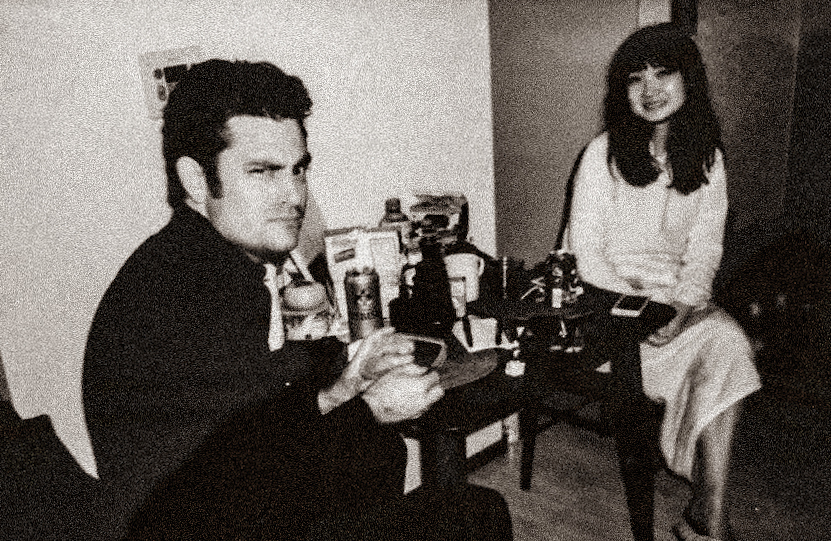Convergence Factor: Micro
Convergence Factor: Micro
Somewhere in Japan, Dispatch № 86: Falling Into Patterns

It wasn’t the first time I had moved in with a romantic partner, but when I moved into my current apartment with my girlfriend in 2017, it certainly seemed different. For one thing, we were recently engaged. Never had I promised the rest of my life to anyone, so that was new. We were also sincerely happy and actually had a healthy and highly functional relationship. A type of relationship which was (sadly) also a novel experience.
But as wonderfully happy and exciting a time as it was, a great challenge still stood before us. A challenge faced by pretty much every couple in our situation:
Learning to live together.
Cohabitation can be dicey, especially when you’re first figuring out how to incorporate the lifestyles of two recently independent individuals into a new, shared lifestyle that suits both parties.
When you begin living together, suddenly there’s nowhere to hide your idiosyncrasies. You may have done your best to represent yourself honestly and accurately to your partner before that, but once you’re sharing a living space, all is laid bare.
You quickly learn about the minutiae of personal matters, for example. I learned she brushes her teeth longer than I knew was possible. She learned I shower in a very particular sequence, which even I didn’t realize until her presence and observation put a spotlight on it.
Each person learns what the other needs, wants, likes, and dislikes. Peeves and quirks surface and must be accounted for. Boundaries and expectations are established.
Though the need to learn and adjust never really ends, that initial, more intense period of determining how best to cohabitate does naturally subside. And as it does, patterns and habits emerge. These are practical, but also serve as an emergent identity of sorts. The unique fingerprint of a life shared by two people who are trying to make the most of their time together.
These patterns of daily life become a reliable and reassuring framework, something that provides a baseline of normalcy, regardless of what else is going on.
And though some of this might be deliberately established, much of it is naturally fallen into. Patterns that seem to form of their own accord when nobody’s looking.
Most mornings, I make her miso soup, my movements well-practiced and nearly automatic. She vacuums the apartment with the same sort of familiar efficiency. Whoever bathes second washes the bathtub so that it’s clean for the next day. Small things that seem insignificant individually, but together describe an underlying structure of shared life.
Some of it is purely practical, but some patterns of established life together are expressions of care and consideration. These include accommodating alone time and doing some things separately.
One of her greatest pleasures is taking long baths while reading, especially on Sunday evenings. Meanwhile, I like to have a quiet evening walk by myself and to spend quiet time with my thoughts, usually in the park near our home (weather permitting).
And so, on Sunday nights, she takes her long bath and I wander around for a little while. Later on in the evening, we enjoy time together, this made more special by the solo time we had before and the understanding that accommodates it.
Four years in, we’re much better at living together than we were at the start, but are still finding our way. So long as the relationship is healthy, that way-finding should remain ongoing. If it ever stops, we’re in trouble.
It is my sincere hope to still be discovering new and better ways to share our lives for many, many years. Even as our lives enter their final stages, decades hence, I hope to be as glad as I am today to share with my life, home, and happiness.
If I am still contentedly cooking her breakfast forty years from now, I’ll consider that a great personal success in a life well lived.
Somewhere in Japan's main home on the web is at somewherein.jp, where you can also sign up to receive these posts by email. And now, for just $3/mo you can support this project on Patreon. Click here to learn more.